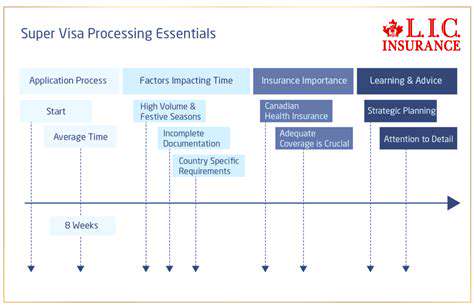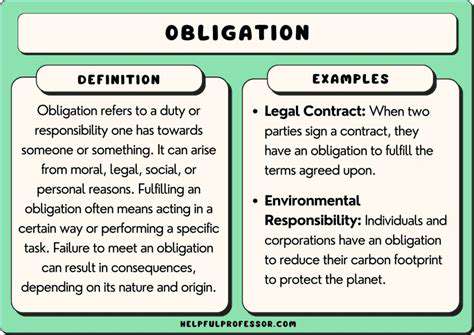Guide to Visa Extensions While Abroad
Assessing Your Visa Situation and Eligibility
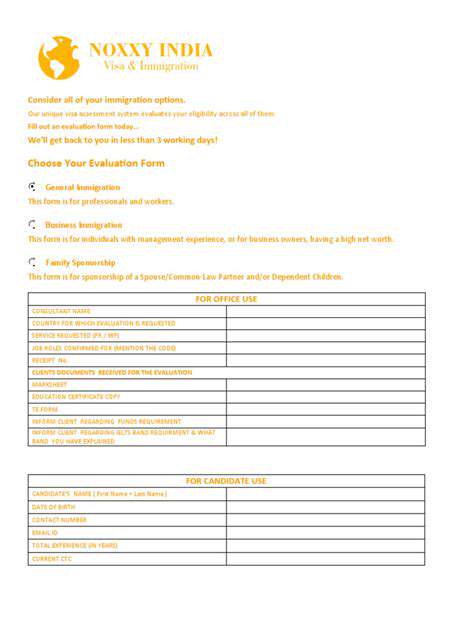
Understanding Visa Requirements
Before embarking on any international travel, a thorough understanding of visa requirements is crucial. This often involves researching the specific regulations of the country you intend to visit. Different countries have varying visa policies, and these can change frequently. Failure to comply with these regulations can lead to significant delays or even denial of entry, causing significant inconvenience and wasted travel plans.
Visa requirements are not always straightforward. They can depend on your nationality, the purpose of your visit (tourism, business, study, etc.), and the length of your stay. It's essential to consult official government websites for the most up-to-date and accurate information.
Gathering Necessary Documents
Proper documentation is paramount for a smooth visa application process. This often includes passports, birth certificates, financial statements, and proof of travel arrangements. These documents are crucial for demonstrating your identity, intentions, and ability to support yourself during your stay.
Ensure that all documents are meticulously prepared, accurately completed, and certified as required. Incomplete or inaccurate documentation can lead to delays or rejection of your visa application. It's wise to have multiple copies of crucial documents.
Evaluating Your Financial Status
Visa applications often require demonstrating sufficient financial resources to cover your expenses during your stay. This might involve bank statements, proof of employment, or sponsorship letters. Demonstrating financial stability is a significant factor in visa approval.
Consider the cost of accommodation, transportation, food, activities, and any other potential expenses while you are abroad. Be sure to include these costs in your financial projections to ensure your application reflects a realistic budget.
Considering Your Travel Plans
Your travel plans play a vital role in your visa application. This includes details about your itinerary, such as dates of arrival and departure, planned activities, and accommodation arrangements. Clearly outlining your travel plans helps the authorities understand your intentions.
A well-structured itinerary demonstrates your commitment to a temporary stay and helps prevent any misunderstandings. Provide specific details about your travel plans, including the names and contact information of your hosts, if applicable.
Checking Visa Application Procedures
Familiarizing yourself with the visa application procedures is essential to avoid common pitfalls. This includes understanding the application form, required supporting documents, and the application submission process. Clear understanding of the application process will ensure a smooth and efficient application.
Each country has its own specific procedures. Carefully review these procedures to avoid errors and ensure that you submit your application in the correct format and with all necessary supporting documents.
Assessing Your Eligibility Criteria
Eligibility criteria vary significantly depending on the country and the type of visa you are applying for. This includes factors like your nationality, the purpose of your visit, and the length of your stay. Evaluate your eligibility thoroughly to avoid disappointment.
Review the specific requirements of the visa you are applying for to ensure that you meet all the necessary criteria. Contact the relevant embassy or consulate for clarification on any specific points.
Seeking Professional Guidance
Navigating the complexities of visa applications can be challenging. Consider seeking professional guidance from an immigration lawyer or consultant. They can provide expert advice and support throughout the entire process, ensuring that your application is well-prepared and increases your chances of success.
Professional guidance can save you time, effort, and potential frustration. It can also help you avoid common mistakes that can lead to application delays or rejection.
Gathering the Necessary Documentation
Understanding Visa Requirements
Before embarking on the process of extending your visa, a thorough understanding of the specific requirements set forth by the host country's immigration authorities is crucial. This involves researching the particular regulations, conditions, and eligibility criteria that apply to your visa type. Different visas have different extension procedures and timelines. Failure to understand these nuances can lead to delays or rejection of your extension application.
This involves consulting official government websites, embassy/consulate publications, and possibly contacting immigration authorities directly for clarification on specific requirements and procedures. It's essential to have a comprehensive understanding of the stipulations before you begin the application process.
Gathering Supporting Documents
A crucial aspect of a successful visa extension application is the meticulous preparation and organization of supporting documents. This often includes original and certified copies of your passport, visa, proof of financial resources, proof of accommodation, and any other documentation required by the host country's immigration authorities. The specific documents required can vary greatly between countries and visa types. Thorough research and meticulous record-keeping are vital for a smooth application process.
Ensure all documents are translated into the official language of the host country if necessary. Properly certified copies are also essential to avoid any issues during the application process. This step requires significant attention to detail to avoid mistakes that can delay or even reject your application.
Preparing the Application Forms
Accurate and complete completion of visa extension application forms is paramount to a successful application. Carefully review each section of the form, ensuring all required information is provided accurately and completely. Any omissions or inaccuracies can lead to delays or rejection of your application. Double-checking all information before submitting is essential.
Seek guidance from the relevant authorities if you encounter any uncertainties about the application form or the required information. Thoroughly understanding the form's instructions and providing all necessary details is critical for avoiding complications later in the process.
Proof of Financial Resources
Demonstrating sufficient financial resources to support your stay during the visa extension period is typically required. This might involve bank statements, proof of employment, or other financial documents. The specific requirements for financial proof can vary based on the country and the visa type. Ensure the documentation you provide clearly demonstrates your ability to support yourself financially during your stay.
Providing accurate and up-to-date financial statements is essential. If your financial situation has changed, it's imperative to update your documentation accordingly. Inaccuracies or insufficient financial proof can significantly hinder your application.
Proof of Accommodation
Establishing proof of accommodation is an important step in the visa extension process. This can involve providing rental agreements, hotel bookings, or other documents demonstrating your planned living arrangements. The specific requirements for accommodation documentation can vary depending on the country and the visa type.
Submitting the Application and Following Up
Once all the necessary documents are prepared, the application must be submitted according to the specified procedures. This typically involves submitting the application to the designated immigration office. Be sure to keep track of the submission date, and request confirmation of receipt. Regularly follow up with the relevant authorities to stay informed of the application's status and to address any questions they may have.
Understanding and complying with the timelines and procedures for status updates is essential. This helps in preventing any potential delays or complications in your visa extension process.
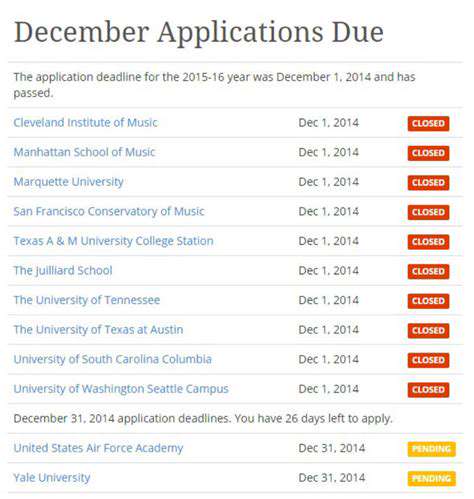
Handling Potential Challenges and Issues
Understanding Visa Expiration Dates
Accurately understanding your visa's expiration date is crucial for avoiding potential problems. This involves more than just the printed date on your document. It's important to consult the specific regulations of the country you are in, as some countries might have different rules regarding the validity of your visa beyond the initial expiration date. For example, some countries might allow a grace period for processing visa extensions, while others might not. Be sure to carefully review the official website of the relevant embassy or consulate for details on these specific rules and regulations. This proactive approach will help you avoid last-minute issues and ensure a smooth process.
Navigating Visa Extension Procedures
The process for obtaining a visa extension can vary greatly depending on the country you are in. Researching the specific procedures and requirements for your situation is essential. This typically involves gathering necessary documents, completing applications, and attending interviews. It is important to note that deadlines for submitting these documents and applications are often strict. Failing to meet these deadlines can result in delays or rejection of your request. Thorough preparation and prompt action are key to navigating this process successfully.
Familiarize yourself with the specific requirements and procedures, as they can vary significantly between countries. Some countries might require specific forms, supporting documents, or financial justifications. Understanding these nuances is crucial to avoid complications and ensure a smooth extension process.
Addressing Financial Considerations
Financial stability is often a critical factor in visa extension applications. Demonstrating sufficient funds to support your stay in the country is frequently a requirement. This involves providing evidence of your financial resources, such as bank statements, sponsorship letters, or proof of employment. The amount of funds required can vary based on the country and the duration of your stay. Thoroughly understanding the financial requirements is essential for a successful application.
Communicating Effectively with Authorities
Maintaining clear and open communication with the relevant authorities is essential throughout the visa extension process. This includes promptly responding to any requests for additional information or documents. Prompt communication helps ensure that your application is processed efficiently and minimizes potential delays. Understanding the preferred communication channels, such as email or specific forms, is vital to avoid misunderstandings. Maintaining a professional and respectful tone throughout the interactions is also important, as this fosters a positive relationship and improves your chances of a successful outcome.
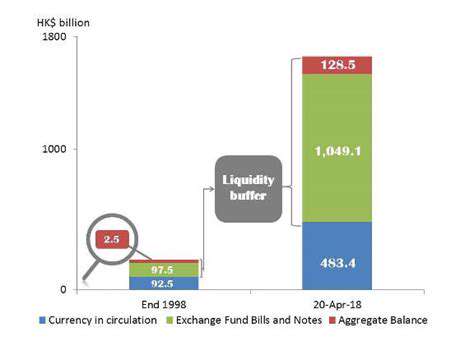
![How to Travel on Points and Miles [Travel Hacking]](/static/images/27/2025-05/StayingUpdatedontheLatestTravelHackingTrendsandOpportunities.jpg)
![How to Pack a Carry On Only [Minimalist Guide]](/static/images/27/2025-05/AccessoriesandDocuments3AKeepingitCompactandOrganized.jpg)


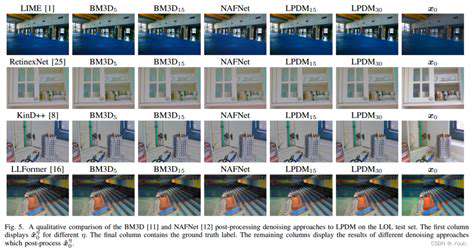

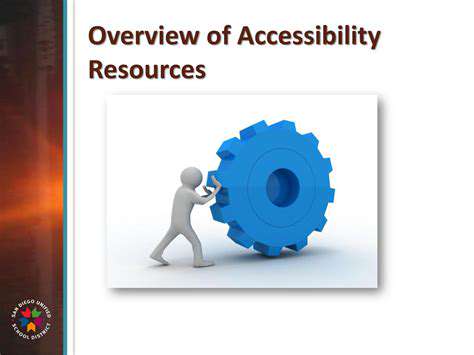

![Guide to Visa on Arrival [Where & How It Works]](/static/images/27/2025-06/EssentialDocumentsforVisaonArrival.jpg)
